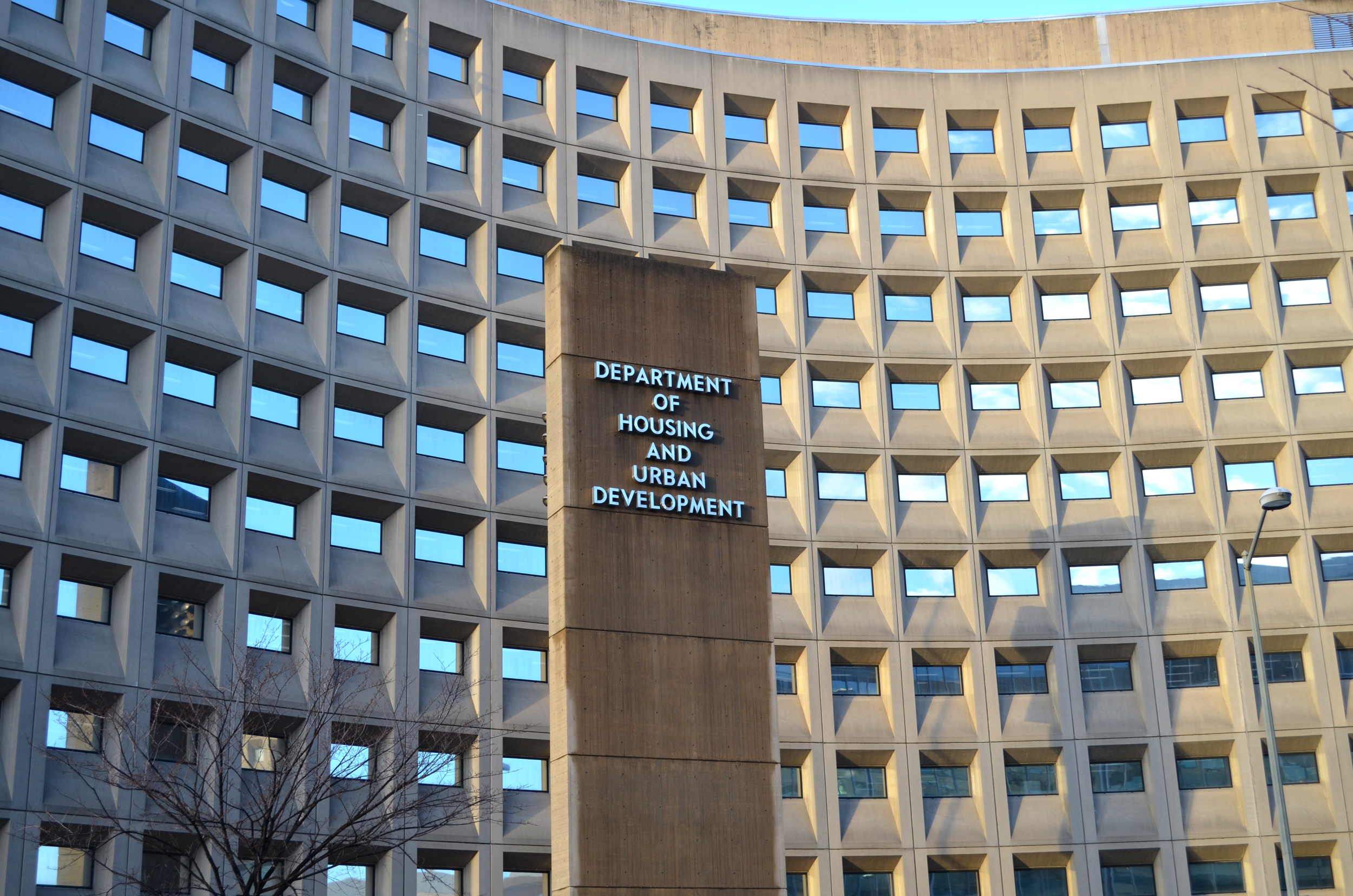
PHH Mortgage has agreed to a $3.5 million settlement with the Department of Housing and Urban Development that HUD described as involving an unprecedented reimbursement to borrowers.
The settlement resolves a dispute between HUD and PHH Mortgage over whether fees applied to payments borrowers paid by phone, or online without enrolling in a paperless statement program, were improper.
HUD said the settlement marks the largest reimbursement to the most borrowers with Federal Housing Administration loans in history but it did not assign any fault or liability. Other FHA settlements more closely tied to systemic issues on the origination side of the business have been larger dollar-wise, such as one involving a $1.2 billion payment Wells Fargo made to resolve
“This settlement serves as a reminder that HUD will always hold FHA mortgage companies accountable to ensure the people we serve are treated fairly,” said HUD Agency Head Adrianne Todman in a press release.
Almost $3.47 million in reimbursements are set to go to 51,500 borrowers for 490,000 transactions between May 2021 and February 2023, when the fees ended. There also will be a $246,000 administrative payment to HUD accounts.
Reimbursement will take the form of a credit for borrowers PHH still provides servicing for, or a check sent to those that are no longer customers.
HUD warned it will be pursuing other mortgage companies who charged similar fees as well.
PHH’s parent company, which was previously known as Ocwen and
In that case, plaintiffs alleged the fees run counter to prohibitions in the Fair Debt Collection Practices Act, “unless such amount is expressly authorized by the agreement creating the debt or permitted by law.”
(HUD’s settlement involved alleged violations of FHA requirements “because accepting and processing mortgage payments is considered part of a mortgagee’s ordinary servicing activities for which it is already paid.”)
Onity has asserted in court documents that the FDCPA does not apply to what the company’s legal representatives have characterized as optional payments because the debt and such payments are “incidental” to each other.
Whether the legislation prohibits such fees could have broader importance to the extent it applies to other similar legal disputes in the industry.
Other mortgage companies that have faced litigation over what the Consumer Financial Protection Bureau has called “junk fees” in recent years include
The industry has been watching legal and regulatory developments around “pay-to-pay” charges closely amid speculation the incoming Trump administration
